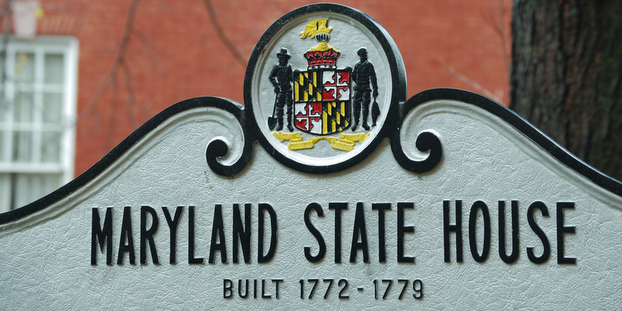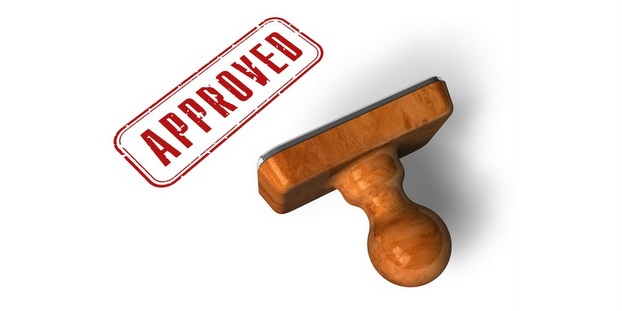
The legislative landscape for small breweries in Maryland is once again in turmoil, and the proposed bills are contested just like in previous years. The quickly developing sector has created 6,541 jobs in a year and has contributed $640 million to the Maryland economy.
House Bill 1052, which is said to be supported by larger alcohol distributors in the state, is not welcomed by small breweries. They disagree with its propositions, which may limit their annual taproom sales, prohibit contract brewing and restrict sample sizes. At the same time, another piece of legislation, House Bill 518, which is supported by craft beer organizations, is also under review. It proposes less limits and restrictions on small breweries, which is said to help their development.
The background of small brewery legislation in Maryland
In April 2017, legislators in Maryland passed the contested House Bill 1283. It aimed to create a framework for the opening of a new Guinness brewery in Baltimore County. For small breweries, it meant an increase in the annual taproom limits. Previously, they could sell only 500 barrels per year on their premises. The bill increased this limit to 2,000 barrels for Class 5 breweries.
While this move was beneficial for craft beer producers, many were still unhappy with the number of restrictions that were left in the bill. For example, it placed existing breweries under one set of rules as to their opening hours. They are more favorable than the allowed hours of operation for new breweries.
The new proposed bills
The current debate and dissatisfaction expressed by craft breweries in Maryland is ignited by the proposal of House Bill 1052. It is sponsored by the delegates Talmadge Branch and Dereck Davis. The main point that creates outrage among small breweries is that the bill would limit the taproom sales back to 500 barrels per year. In the same time, breweries with production above 1 million barrels per year, such as Guinness, will not suffer any limitations on their taproom consumption.
The bill would also make contract brewing illegal, which means starting small breweries won’t be able to use the equipment of larger companies. The sample sizes will be restricted to 3 oz per style or brand. Currently, craft breweries see their situation as quite restricted. Similarly to large alcohol producers, they have to meet numerous legal requirements. They need to be licensed with the state Comptroller and to have proper alcohol tax surety bonds.
What small breweries find problematic, however, is the numerous limits on how they can conduct their operations in the state. Their position is that legislation should make it make it easier for smaller breweries to operate rather than impede their development. They see House Bill 1052 as a heavy blow on their potential for growth and success.
Kevin Atticks, the executive director of the Brewers Association of Maryland, as well as the state Comptroller Peter Franchot, have expressed their concerns over the harmful effect that it could have. The Comptroller has even started a campaign for Reform on Tap Act of 2018 to support the removal of limitations for small breweries in the state. This is another bill which is supported by small brewers and is also under review. House Bill 581 proposes the removal of restrictions on taproom sales and production, as well as on take-home sales.
It would allow small breweries to distribute their production themselves. Contract brewing would be allowed, which makes it easier for startup breweries to launch their operations. The opening hours of taprooms would be regulated by local rules rather than a state-wide norm. Both bills passed a hearing in the Maryland’s House Economic Matters Committee on February 23. The committee will schedule a vote on both bills, which will decide the future of these pieces of legislation.
How do you see the potential effects of the proposed legislative changes for small breweries in Maryland? Please share your opinion in the comments below.
Todd Bryant is the president and founder of Bryant Surety Bonds. He is a surety bonds expert with years of experience in helping business owners get bonded and start their business.





Leave a Reply
You must be logged in to post a comment.